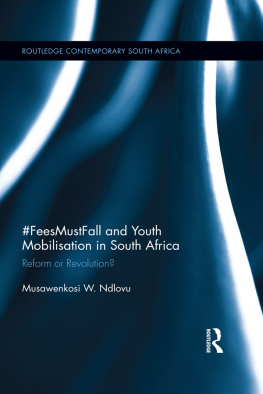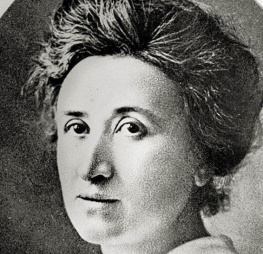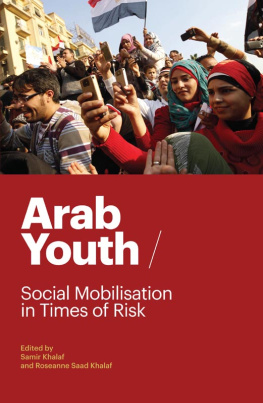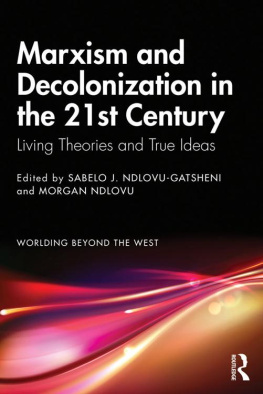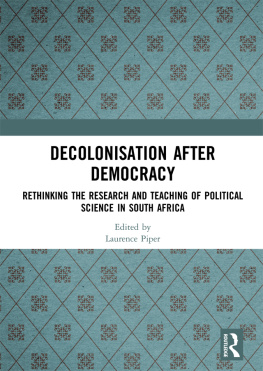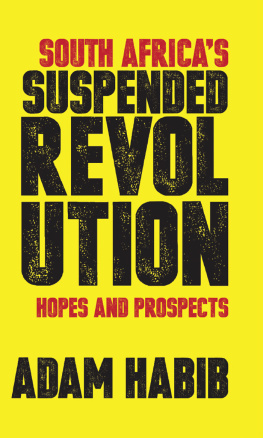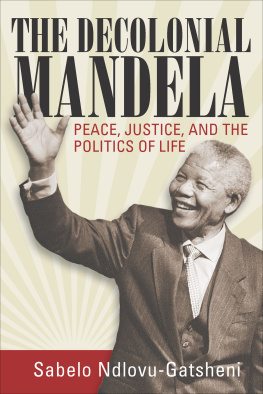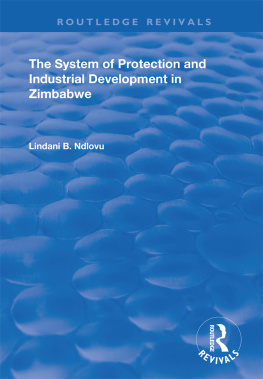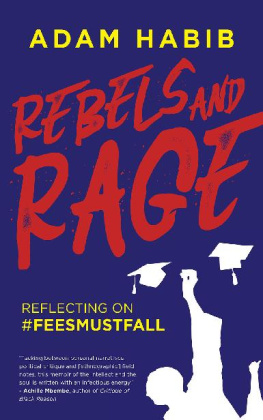First published 2017
by Routledge
2 Park Square, Milton Park, Abingdon, Oxon OX14 4RN
and by Routledge
711 Third Avenue, New York, NY 10017
Routledge is an imprint of the Taylor & Francis Group, an informa business
2017 Musawenkosi W. Ndlovu
The right of Musawenkosi W. Ndlovu to be identified as author of this work has been asserted in accordance with sections 77 and 78 of the Copyright, Designs and Patents Act 1988.
All rights reserved. No part of this book may be reprinted or reproduced or utilised in any form or by any electronic, mechanical, or other means, now known or hereafter invented, including photocopying and recording, or in any information storage or retrieval system, without permission in writing from the publishers.
Trademark notice: Product or corporate names may be trademarks or registered trademarks, and are used only for identification and explanation without intent to infringe.
British Library Cataloguing-in-Publication Data
A catalogue record for this book is available from the British Library
Library of Congress Cataloging-in-Publication Data
Names: Ndlovu, Musawenkosi W., author.
Title: #FeesMustFall and youth mobilisation in South Africa : reform or
revolution? / Musawenkosi W. Ndlovu.
Other titles: FeesMustFall and youth mobilisation in South Africa |
Hashtag FeesMustFall and youth mobilisation in South Africa |
Routledge contemporary South Africa ; 1.
Description: New York : Routledge, NY, 2017. | Series: Routledge
contemporary South Africa ; 1 | Includes bibliographical references and
index.
Identifiers: LCCN 2016058261 | ISBN 9781138740433 (hardback) | ISBN
9781315183435 (ebook)
Subjects: LCSH: College studentsPolitical activitySouth Africa. |
Student movementsSouth Africa. | Student protestersSouth Africa. |
TuitionPolitical aspectsSouth Africa.
Classification: LCC HQ799.9.P6 N35 2017 | DDC 378.19810968dc23
LC record available at https://lccn.loc.gov/2016058261
ISBN: 978-1-138-74043-3 (hbk)
ISBN: 978-1-315-18343-5 (ebk)
Typeset in Times New Roman
by Apex CoVantage, LLC
The three items I had when I went to register at the University of Natal-Durban (UND) in 1995 are probably the only things, or their equivalents, that some of the #FeesMustFall (#FMF) university student protesters also had in their possession when they went to register at various South African universities, twenty years later, in 2015. In my case, I had R500, a compulsory upfront registration fee for university tuition. The provision of this money to me depleted my unemployed mothers savings and left the rest of my siblings rather exposed. I also had a small bag of clothes. Lastly, I had hope, the biggest asset of them all, more especially since I still had no accommodation.
I would have loved to pursue a law degree and I qualified for it on merit, on the basis of my matric results. The half bursary/half loan I had been granted, however, was on condition that I pursue a bachelor of arts degree (BA). If I had insisted on doing Law, I would have had to finance it myself. This option was not even remotely possible. My father was an underpaid labourer at a glass-cutting company and my mother was unemployed. Even though I had managed to make it to the university, my background still largely dictated and limited my options at university itself. My degree options were dictated not by my merit but by my social background; I could not afford to do the degree I wanted to do. This was not the only type of frustration and sense of alienation, the equivalents and stubbornness of which FMF students were to protest about twenty years later; there were others.
Given, for example, that bursary and loan schemes were conceptualised and then granted on the basis of family-income means tests, they had discounted the fact that my father would refuse to give his salary slip to me. Privacy aside, it was not because he cared less about my education; it was that he felt ashamed to show me how little he earned. He felt emasculated. If my father had opted to come to varsity on his own to present his salary slip, he would have needed to take a day off, for queues were always so long, so frustrating and so disorganised that he could not just pop in and out of the universitys student finance office. Rich parents simply wrote cheques. That was mainly it. Black labourers did not have the same privilege to attend to their childrens education in the manner they wanted to.
The loan and bursary forms were written in English formal English, to be exact. The forms were just riddled with legal jargon. Neither I nor my parents could make any sense of them. The only hope for understanding them were my two guarantors who needed to sign each form, for this and that, in case I defaulted on this and that. One lived in the township of Umlazi, miles away, and the other in my village. These were the only two people who were willing to risk their investments for a boy they only knew as promising and behaved. The shuttling between them and varsity because of forms that needed to be signed, signed appropriately, or because they had a missing signature here and there, was not only a nightmare, but hugely costly. In some cases, one had to miss crucial lectures to do all of this and then we were expected to do well academically.
The pre-registration period experience, as such, for poor students is not only just about fees; it is also about standing in those long snaking queues that make one relive the life of poverty and frustration, just in a new and nicer environment, punctuated by well-meaning, sometimes condescending, oh shame from university financial administration staff. As such, for a long time most protests, until FMF, used to happen around registration periods, in the beginning of the year. Yet, the frustrating pre-registration period experience for poor students is a definitive metaphor of the state of South Africa itself for the rest of the poor.
I finished my junior degree in time. I moved on to Honours. And then to Masters. So I left university with a huge amount of debt in student loans. Luckier than most FMF protesters today who face grim job prospects, I got a job and raised money to buy a minibus taxi to repay my student loans. The income from the minibus taxi and from my salary as a junior lecturer at the University of South Africa went, for many months, to repaying my interest-accumulating loan while also paying the black tax (sic): taking my younger sister and niece through college, and rebuilding our home at the same time.

